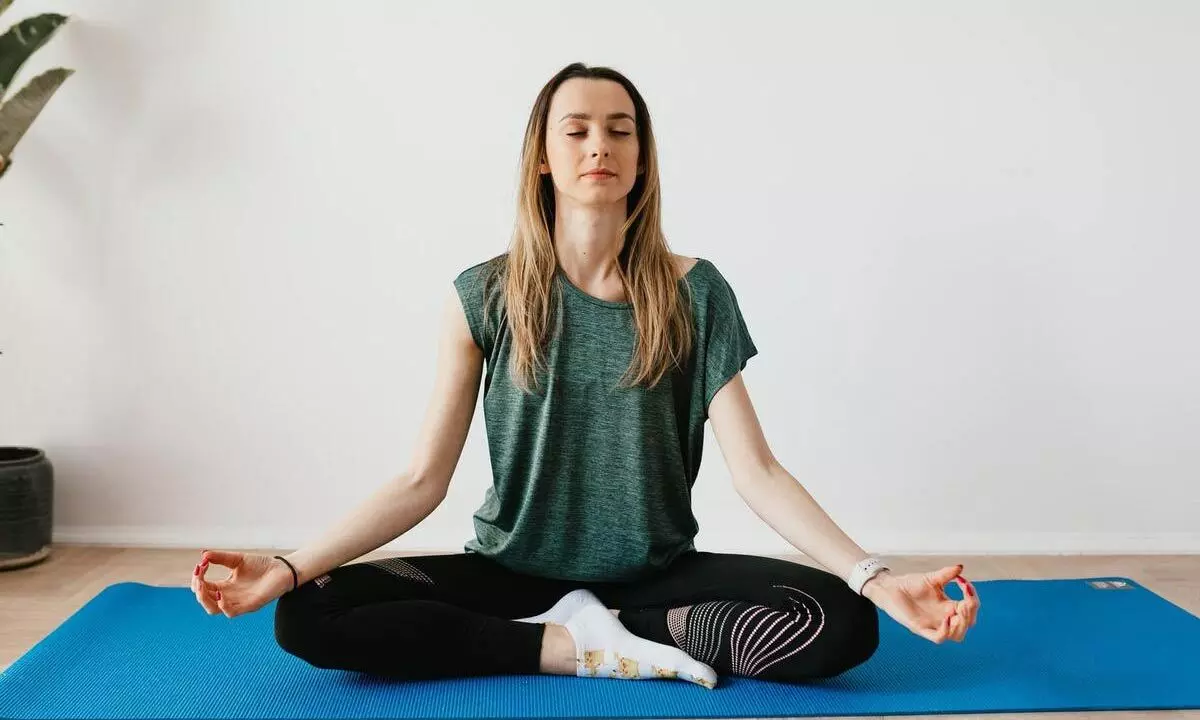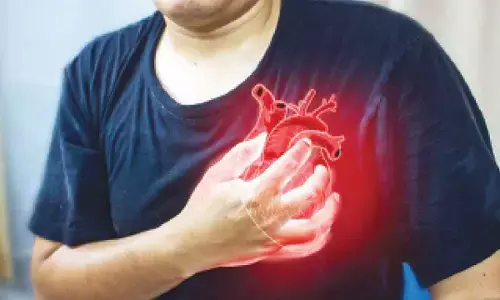Overcome depression with yoga

Overcome depression with yoga
Physical activity is known to help improve mental health. Yet despite the evidence, it has not been widely adopted as a first-choice treatment
Aerobic exercise such as walking, resistance training, pilates, and yoga are 1.5 times more effective than counselling or the leading medications for people with mental health conditions like depression, anxiety, and distress, suggests researchers including one of an Indian origin.
Researchers from University of South Australia noted that the largest benefits of these exercises were seen among people with depression, healthy individuals, and people diagnosed with HIV or kidney disease.
The findings which call for exercise to be a mainstay approach for managing depression is based on a study encompassing 97 reviews with 1039 trials and 128,119 participants.
Published in the British Journal of Sports Medicine, the review specifically showed that exercise interventions that were 12 weeks or shorter were most effective at reducing mental health symptoms, highlighting the speed at which physical activity can make a change.
According to the World Health Organization, one in every eight people worldwide (970 million people) live with a mental disorder. Poor mental health costs the world economy approximately $2.5 trillion each year, a cost projected to rise to $6 trillion by 2030.
Physical activity must be prioritised to better manage the growing cases of mental health conditions, said lead researcher Dr Ben Singh, from the varsity.
"Physical activity is known to help improve mental health. Yet despite the evidence, it has not been widely adopted as a first-choice treatment," Dr Singh said.
"Our review shows that physical activity interventions can significantly reduce symptoms of depression and anxiety in all clinical populations, with some groups showing even greater signs of improvement.
"Higher intensity exercise had greater improvements for depression and anxiety, while longer durations had smaller effects when compared to short and mid-duration bursts.
Senior researcher, Professor Carol Maher, said the study is the first to evaluate the effects of all types of physical activity on depression, anxiety, and psychological distress in all adult populations.

















